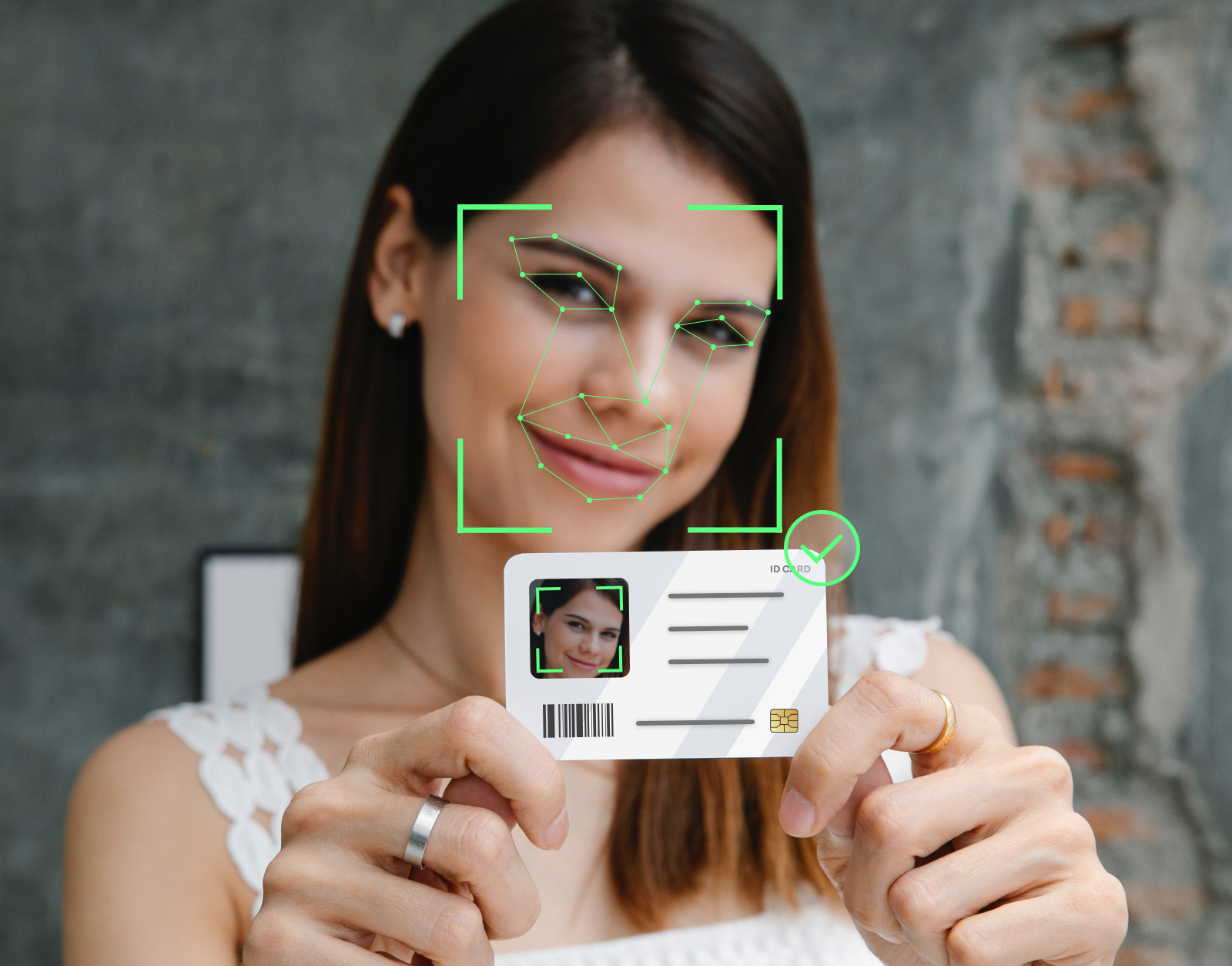
How to Face Recognition Technology is Used in Online Gambling & Casino Industry’s Key Operations
.png)
How to Face Recognition Technology is Used in Online Gambling & Casino Industry
Gambling has become more accessible to the general people in recent years as the internet has grown in popularity. However, unlike other businesses, the online gambling industry has not been regulated at the same rate. As a result, while some countries lack a regulatory structure, others explicitly prohibit it.
In this article, we will talk about gambling industry issues and how to AI-Based face recognition technology can be useful for online gambling and the casino industry.
Before you started reading the blog post, did you know that it will take just minutes to build your own Face Recognition app on the Cameralyze no-code platform? Try now.
Account Creation and Regulatory Compliance
The online gambling business is booming. The online gambling sector, which is expected to be worth $92.9 billion by 2023 (almost double what it was in 2019), has been embracing a new wave of players flocking to online casinos to pass the time during lockdowns.
Money laundering and terrorist financing (ML/FT) laws and regulations must be followed by gambling businesses. Because of the high-risk nature of their operation, compliance is especially vital for online casinos.
Online casinos must have their AML (Anti Money Laundering) compliance program, describing how they detect, assess, and report criminal situations, including money laundering and attempted fraud. Because there is no one-size-fits-all compliance system, each online casino must create one tailored to their individual needs.
Before allowing someone to gamble, online casinos must check them out and assess the risks they bring in terms of ML/FT. These due diligence measures take different forms in different countries.

Due diligence can be divided into two categories.
- Customer Due Diligence (CDD) is the process of acquiring basic information about a client (such as their name, address, and date of birth) and verifying it with a trustworthy source. Users (or "gamblers") must also be checked against databases that contain PEPs (politically exposed persons), sanctioned and blocklisted individuals, as well as negative media.
- If a customer offers a significant risk of money laundering, Enhanced Due Diligence (EDD) is a more advanced security layer that follows CDD. Due to the high ML risk involved in the industry, online casinos are nearly always required to perform EDD. EDD contains documentation such as debit/credit cards, bank statements, savings accounts, recent paychecks, and other sources of funds (SoF) verification. The forms of the source of funds documentation that is acceptable differ from casino to casino.
Even automated protection solutions won't keep you safe if your staff isn't completely aware of AML-related red flags. As a result, internet casinos must offer their compliance officers the proper training, including annual refresher courses. Compliance teams must also be aware of both universal criteria (such as SoF verification) and risk tolerances unique to their casinos.
Operators should always report known or suspected instances of terrorist financing to avoid breaching the law. Furthermore, operators should be aware that no financial threshold exists for reporting these operations.
Continuous Identity Verification
Identity verification technologies can assist casino operators in verifying players' identities while maintaining security, compliance, and ease. The ID verification method checks that a person is truly whom they say they are by stacking data from a variety of sources. For internet casinos, betting organizations, and gambling sites, age verification is very vital.
Players are often asked to submit copies of identification documents such as a passport or driver's license, as well as supply personal information such as their date of birth or residence. This data can then be cross-referenced with third-party sources, as well as live images or selfies provided by the player.
Contextual data, such as IP addresses or phone numbers, may be utilized in addition to ID documents to validate gamers' login into an account from a different device or location. If this is deemed suspicious, players may be requested to provide identification to gain access to their accounts. This could be done by entering a unique code received for mobile verification or an already validated e-mail address.
Importance of Identity Verification:
Identity verification services can help gaming operators lower the risk of identity fraud and combat money laundering activity, in addition to validating players and addressing problem gambling. For example, when participants add a new bank account or withdraw money, their identities are checked.
Security and compliance with KYC and AML rules aren't the only challenges that online gaming and gambling businesses confront. They must also fulfill the needs of users who wish to create and utilize accounts without having to go through a long security procedure.
To ensure future development and player loyalty, gaming operators must find a balance between safeguarding earnings and improving the client experience. Simply put, if gaming sites and apps are to provide the frictionless and secure experience that players today expect when gambling online, digital identity verification services must allow them to rapidly validate users and their ID credentials.

How to Face Recognition Technology Helps Gambling Industry Problems
The gambling industry has undergone a full transformation as a result of technological advancements. Since its origin, safety and security have been the backbone of a business that exchanges large sums of money between players and the casino. Facial recognition technology is set to become the next big thing in the gaming industry when it comes to preventing fraud.
If you want to learn in detail what face recognition technology is, how it works, and its importance, you can review the blog posts on our page. You can click here to see how it works in Cameralyze.
Pro Tip: If you need a guide on how to build face recognition with Cameralyze, check out this video below;
Account set up and regulatory compliance
Although most online casinos allow you to play as soon as your first deposit is received, the bulk of them restricts the amount of money you can spend until you supply them with the necessary identification. The purpose of these documents is to verify a player's name, age, and address. They want this information because online casinos must comply with legislation such as the KYC (know your customer) law. This process can be sped up with the assistance of facial recognition technologies. Customers can upload a photo of an ID document as well as a selfie to the app. This speeds up the registration procedure significantly.
Continuous identity verification
When a player claimed that their account had been hacked or compromised in the past, online casinos had to presume that they were telling the truth. Online casinos can gain access to a gambler's front-facing camera using facial recognition technology. They can use this to determine who was logged into the account at the time it was hacked. It also assists them in detecting odd account activity. In essence, they can use it to confirm that the person who is playing the game is the same person who signed into the account.
Customer experience and VIPs
Luxury and high-end casinos are recognized for going above and beyond for their VIP customers. Casinos may customize and manage the user experience using identity-enabled technologies. Automatic access controls for select lounges and rooms can be enabled as gamers move around locations, relieving personnel of some of their responsibilities. With multiple-factor account authentication, online casinos may add even more layers of exclusivity.
Conclusion
If the primary impact on civil rights and consumer privacy is handled, facial recognition can be a highly useful tool for online casinos. Using Face detection technology in these areas and more is also possible with Cameralyze. Cameralyze offers no-code user-oriented face recognition applications with superior performance and high privacy.
Start using Cameralyze Solutions now.







